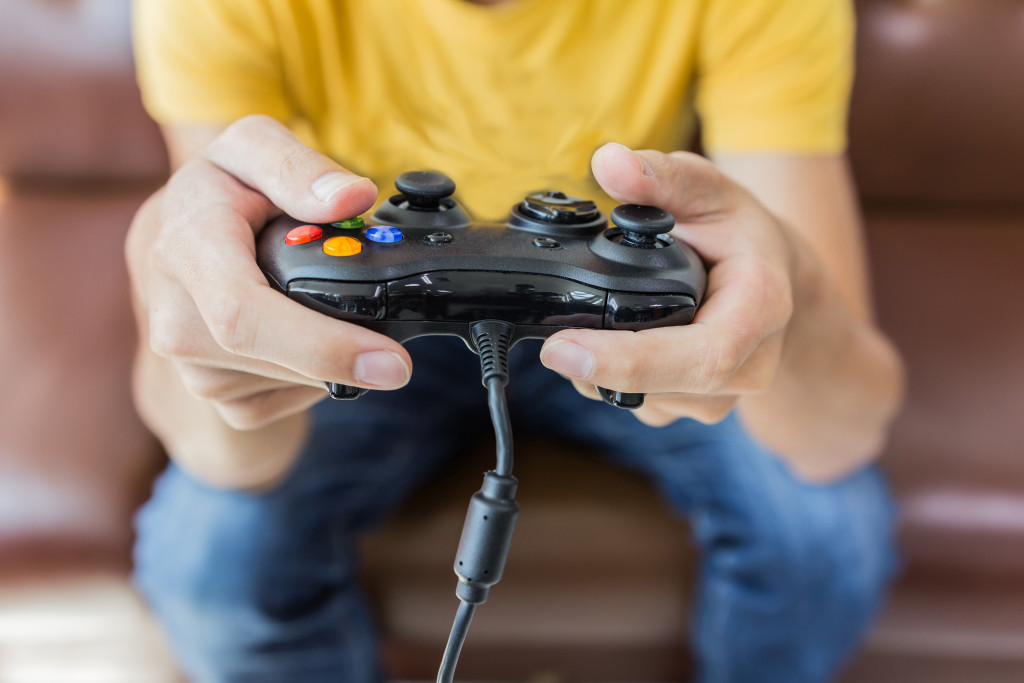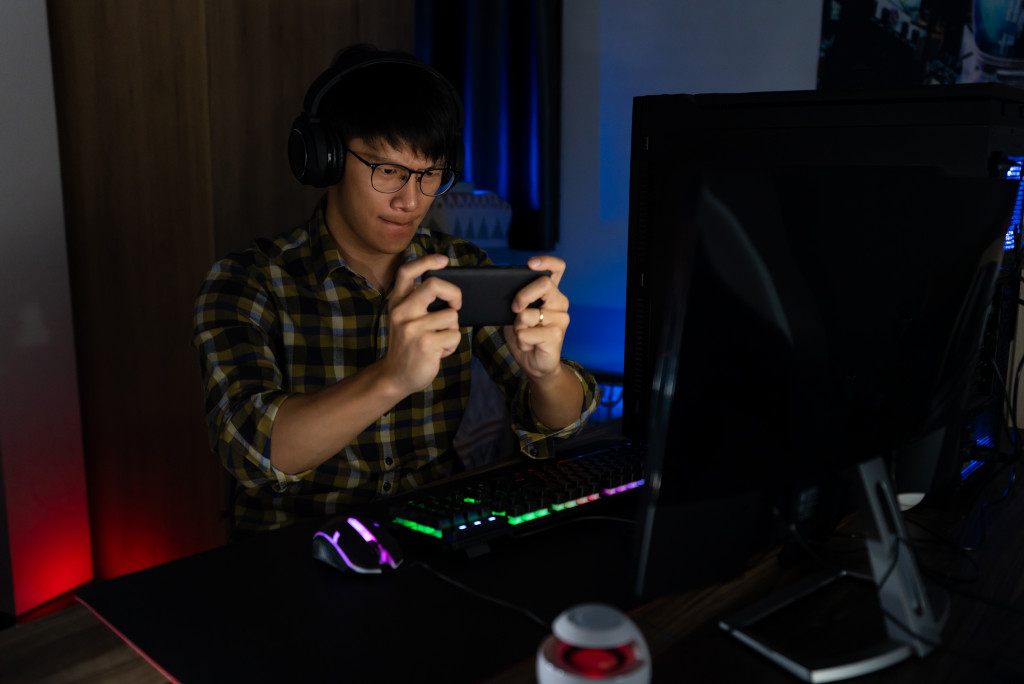- Gaming can have negative physical, mental and social repercussions if done excessively.
- Adults should monitor the gaming time of younger people to prevent potential side effects.
- Set limits on gaming time and encourage healthier activities such as exercise or creative projects.
- Take regular breaks during gaming sessions for better posture, carpal tunnel prevention, etc.
It’s no surprise that video games are a popular pastime among young people. But while gaming can be enjoyed in moderation, excessive gaming can have some severe repercussions for physical, mental, and social health.
In a study conducted by the National Institute of Mental Health, excessive gaming was linked to higher levels of depression and social anxiety. Gaming can also lead to physical consequences such as poor posture due to long hours spent in front of a screen, sleep deprivation from staying up late playing games, and decreased appetite from being distracted from meals.
Here’s a brief look at the potential effects of excessive gaming on young people and what can be done to mitigate them.
Physical Health Problems
Excessive gaming can lead to physical health issues such as poor posture due to long hours sitting in one position, dehydration from not consuming enough fluids, vision problems from staring at screens for extended periods, and even carpal tunnel syndrome from using controllers or keyboards for extended periods.
In extreme cases, gamers may even become addicted to their games, leading to further physical health problems like exhaustion and malnutrition. To avoid these issues, it’s important for gamers—especially younger ones—to take regular breaks from their screens and engage in other activities that promote healthy physical habits.
Mental Health Issues

In addition to physical health problems, excessive gaming can also lead to mental health issues such as anxiety, depression, low self-esteem, aggression, and difficulty concentrating or studying because they spend too much time playing video games instead of engaging in activities that stimulate them the mind.
If left unchecked, this behavior can have long-term consequences on a person’s self-confidence and ability to interact with others meaningfully. In some cases, too much gaming also leads to drinking, further exacerbating mental health issues. Because of this, their judgment gets clouded, and they end up engaging in dangerous activities such as drinking and driving, resulting in DUI charges. If this happens, it is essential to seek legal advice from a reputable DUI attorney. Mak sure to hire someone reputable with a good track record and experience in taking on DUI cases.
Social Impact
Finally, excessive gaming can also have an adverse effect on a person’s social life by limiting their real-world interactions with family and friends; if young gamers are spending too much time playing video games instead of going outside and being active with other people their age, then those crucial social skills may never develop properly.
This is especially true for online gaming, where interactions are limited almost exclusively through written words or gestures, which is far different than face-to-face conversations between two individuals. To ensure proper social development amongst gamers—especially younger ones—adults need to limit how much time is spent playing video games each day and encourage real-world interactions with family members or peers through sports or music lessons.
Practice Responsible Gaming

You don’t necessarily have to give up gaming altogether to avoid the potential health risks associated with excessive gaming. Here’s how you can practice responsible gaming:
Set a time limit
Setting a time limit and strictly adhering to it is one of the best ways to avoid the potential health risks associated with excessive gaming. Start by taking breaks every 30 minutes to check in with yourself and make sure you’re not playing for too long.
Choose your games wisely
Be mindful of the content you’re consuming while gaming. Avoid games that have excessive violence, explicit language, sexual themes, or other potentially damaging content.
Take regular breaks
Regular breaks during gaming sessions to stretch, take a walk or get something to eat will help reduce stress and prevent physical problems such as poor posture and carpal tunnel syndrome.
Find alternatives
Finding alternative activities to gaming, such as sports or creative pursuits, is important for developing a well-rounded lifestyle and can help prevent excessive gaming.
Excessive gaming has serious side effects on physical and mental health and social development if it isn’t kept in check. It’s important for adults — especially parents — to monitor how much time young people spend playing video games each day, so they don’t suffer any negative consequences due to overuse.
Setting limits on game time each day while encouraging healthy habits such as exercise or creative projects like painting or writing stories instead of relying solely on gaming for entertainment will help young people maintain good overall health without sacrificing the fun factor of playing video games responsibly!

